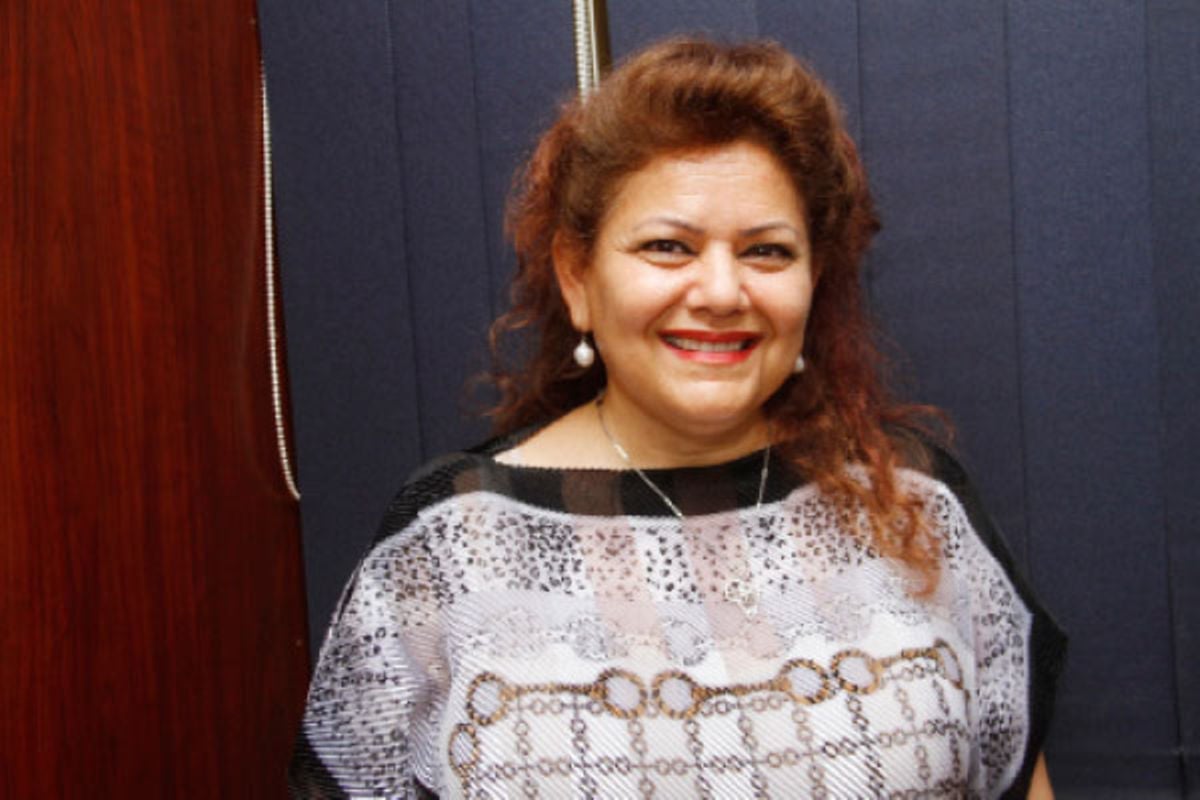Parenting gifted children

What you need to know:
- Smart options. A gifted child who grows into an adult with the perfect profession, is what every parent wishes for.
- However, it is not easy to develop and bring out the best in gifted children as Phionah Nassanga found out.
At times, motivating gifted children is tricky for parents and the teachers. Having realised that one of her children was learning at a faster rate than other children, with a desire to discover new things and take on tasks beyond her age, Anitah Namutebi, a 35-year-old mother of two was not amused. She says at one point, she was forced to punish her daughter after finding her reading her elder brother’s books and destroying some electronics with the aim of learning how to fix them.
“Before I realised my eight-year-old daughter was different, she received a number of beatings from me. She would just correct anyone she thought had spoken a wrong work. To me, this was disrespectful because even her teachers were complaining about her attitude. I decided to enrol her in a different school, hoping her attitude would change, but it was all in vain.”
When her daughter was in Primary Four, Namutebi was summoned by her class teacher who had taken time to observe the girl’s abilities and hunger for knowledge. “On many occasions, teachers had allowed her to sit with the Primary Six or Seven classes and go through their books. In her Primary Six, the teachers asked me to allow her study for the Primary Leaving Examinations (PLE).”
Appreciate your child
Lois Nakibuuka, a counselling psychologist with Anblo Smart Options, says parents need to appreciate the fact that their child is different from the other average children. This way, parents will be able to find out where their children’s strength lies.
“If the child is a genius in mathematics, science, or creative writing, then the parents need to equip him or her with the appropriate skills. For instance, if a child is good at music, playing the piano or guitar, then the parent should enroll the child in a special school that teaches these skills.”
Doreen Metta, a lecturer at St Lawrence University and mother of three, has on many occasions been challenged by her five-year-old daughter who keeps asking difficult questions.
“One day, I was surprised when she asked her father to name the eight planets. My husband was baffled but thanks to Google, we were able to answer her. However, she kept on trying to explain to us which planet was the biggest. She finds it boring to read books meant for her age bracket and is very inquisitive.”
If a parent has to deal with a gifted child who is also an only child, the demands are fewer. However, if the child has siblings, this presents a challenge.
“My other children are not so gifted,” Metta says, adding, “I have learnt not to gratify my daughter’s every need at the expense of her siblings. The problem is, she always seeks approval especially after she learns something new.”
Engaging the support of others
Nakibuuka advises parents to enlist the help of teachers to identify the areas in which the child is good. After knowing that, the parent can then facilitate the child’s learning by giving them challenging tasks.
“Children who are gifted in putting things together or building structures should be given materials to use, such as legos or card papers. If you do not have the money for these, use bottle tops or anything you can come up with.”
Parents who are emotional and feel embarrassed by their children’s inquisitive questions should be patient with their gifted children even when they break radios, phones, and TVs just to see what is inside.
“Talented children thrive more in a challenging atmosphere than in a restricted atmosphere. If you restrict the child, he or she will become an introvert. If they cannot engage in an activity they want at that particular time, explain to them why. Also, instead of commanding them around, it is better to work alongside them.
The counsellor says
Invest in buying books for your gifted child to stimulate and stimulate their hunger for knowledge and also answer those difficult questions you cannot answer. Create time for them to play alone and provide the required materials, especially for children who are technical. This will give them the freedom to explore and come up with amazing ideas. Also, take the time to praise them for their innovations.




